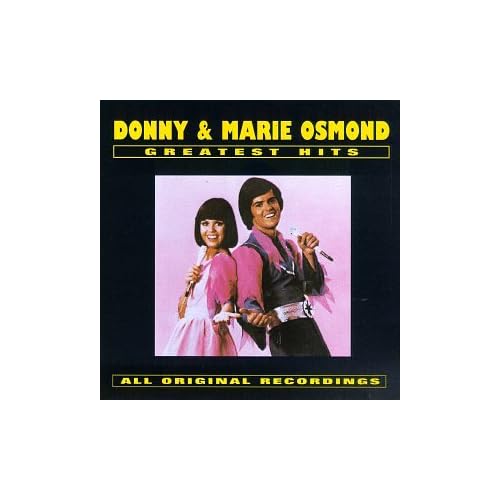 has to be in the right part of the county…
has to be in the right part of the county…I think this program is often overlooked because lenders forget that some properties qualify for it. And it’s super easy to figure out. If you go to http://www.rurdev.usda.gov/, you can click on a link that allows you to determine if a specific property address is eligible. Lately, I’ve been happy to discover this program is available for more of my customers than I would have initially guessed.
Why are Rural Housing loans so cool? First and foremost, they allow for 100% financing. Yep, the elusive 100% financing still exists (at least in some counties). Another very attractive feature is the program allows you to finance Rural Housing’s 2% guarantee fee (required) into the loan amount as well. So if you buy a $100K home, you can borrow $102K. And perhaps the most exciting feature? You have no monthly mortgage insurance with this product. That’s right, no monthly mortgage insurance. Now you see what makes this product so affordable.
Of course, you have to be able to qualify. You obviously can’t be making a ton of money and qualify for this type loan. It varies from county to county, but for example, in Knoxville, a 2 person family can’t earn more than $56,600 a year. You have to have been on the job or have recently produced a professional/educational degree or certification during the past two years. And it goes without saying these days, you need a clean credit history. You can’t buy a McMansion or anything. Your loan size is limited by what you can afford. As a general rule of thumb don’t expect to go over $150K.
The seller can pay all of your closing costs or you can get a gift from a family member to pay your closing costs. You can’t buy an investment property-you need to plan to live in the house. And although it’s a terrific product for first time homebuyers, you don’t have to be one to qualify. However, if you are a first time homebuyer, chances are you can fund this loan through Tennessee Housing Development Agency (THDA). That’s a double whammy. You see, THDA offers a fabulous interest rate for first time homebuyers.
So dust off your blue jeans and drive around the county roads with your realtor. You may just find your dream home nestled down at the end of a country lane. Now, wouldn’t that be cool?
#
Email your home loan financing questions to Kristin Abouelata, Home Loan Specialist with Mortgage Investors Group, at question@kristinmortgage.com or call direct: (865) 567-0113 Toll Free: 1-800-489-8910.






